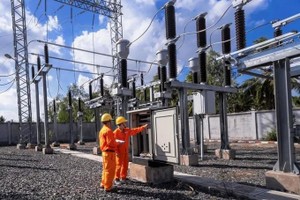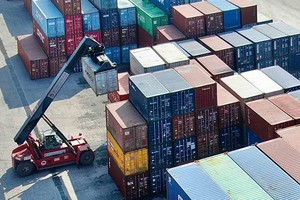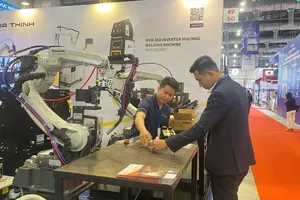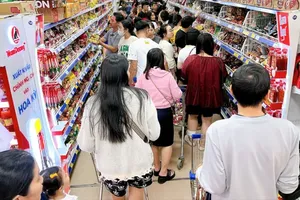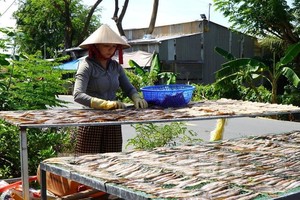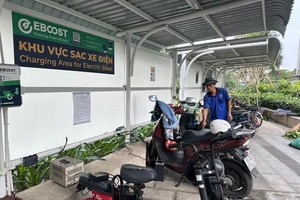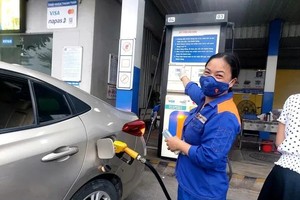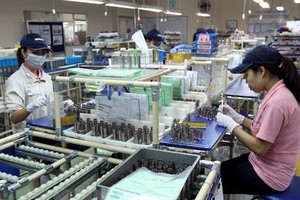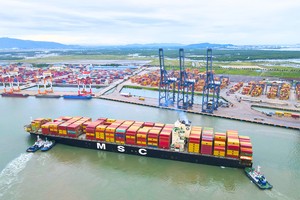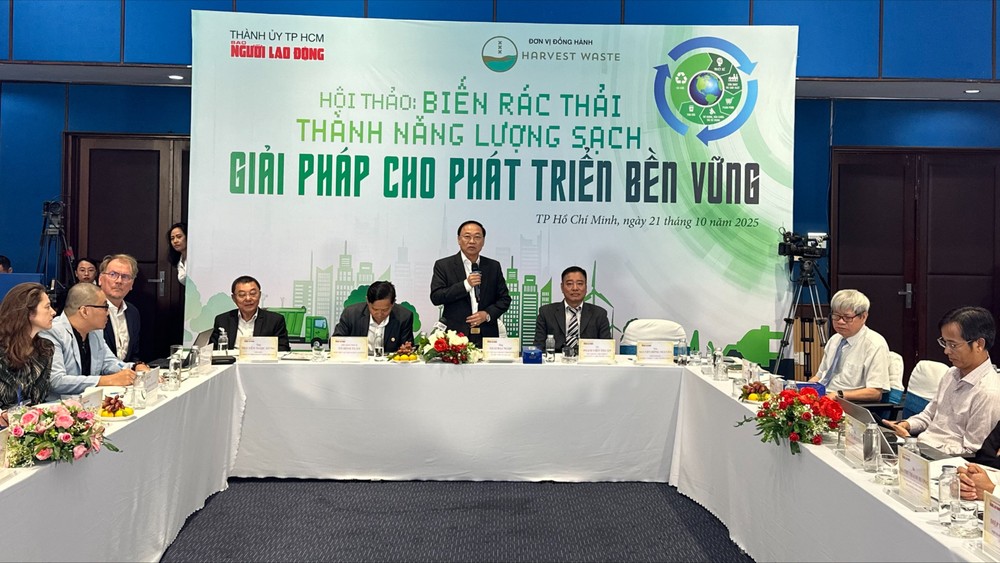
Speaking at the event, journalist To Dinh Tuan, Editor-in-Chief of Nguoi Lao Dong, emphasized that waste management is no longer a matter solely for the environmental sector, but a national development challenge.
Vietnam generates about 65,000–70,000 tons of household waste daily, most of which comes from HCMC and Hanoi. More than 60 percent of this waste is still being disposed of through landfilling — an outdated and polluting method. Meanwhile, recycling and waste-to-energy processes remain limited, and waste separation at source has yet to become routine. Many large-scale waste treatment projects are progressing slowly due to the lack of breakthrough mechanisms and policies.
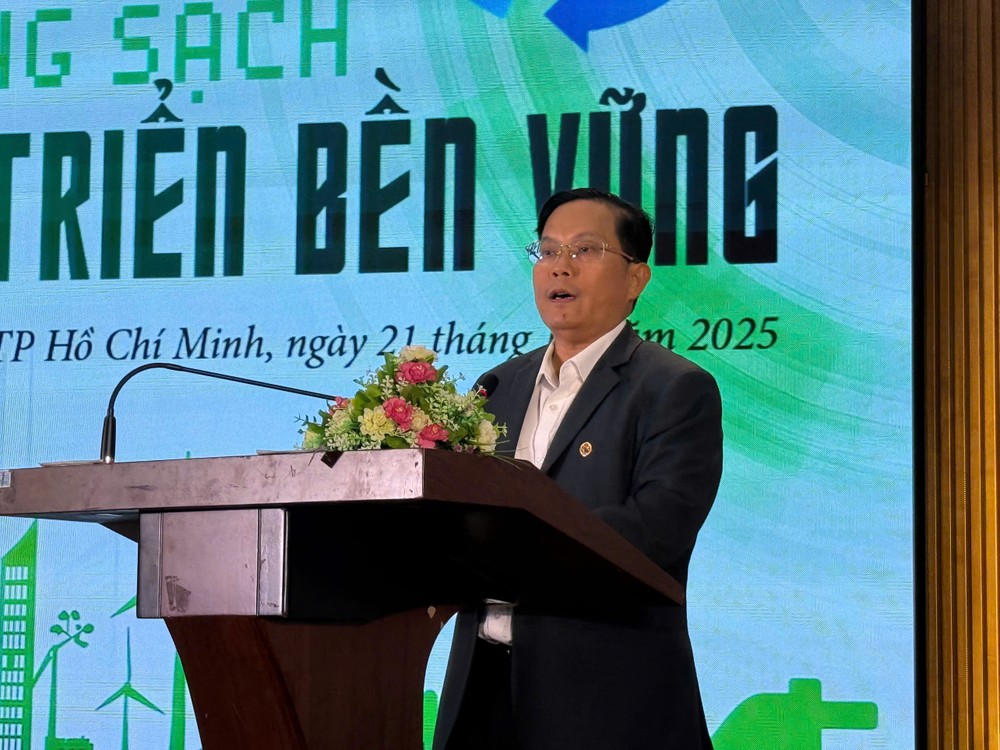
Vietnam has pledged at COP26 and COP28 to achieve net-zero emissions by 2050. To realize this goal, the country must shift from landfilling to high-tech waste treatment, adopt incentive policies for investors, and, most importantly, raise public awareness.
Mr. Dau Duc Hien, General Director of Soc Trang Urban Works JSC, noted that many localities still apply waste treatment unit prices set in 2017, which have not been updated in accordance with Circular 36 of the Ministry of Agriculture and Environment. This results in low treatment costs, making it difficult for businesses to invest in modern equipment and technology.
He proposed that the Ministry of Agriculture and Environment and local authorities review waste treatment plant planning to suit each region, ensure interregional connectivity, and avoid scattered investment and high transportation costs. He also called for long-term, stable mechanisms to encourage enterprises to invest confidently in modern technology and equipment, enhance service quality, and ensure sustainable waste management operations.
Assoc. Prof. Dr. Phung Chi Sy, Vice President of the Vietnam Association for Conservation of Nature and Environment, pointed out that one of the key bottlenecks in turning waste into a resource lies in the low waste treatment pricing, while high depreciation costs discourage further investment.
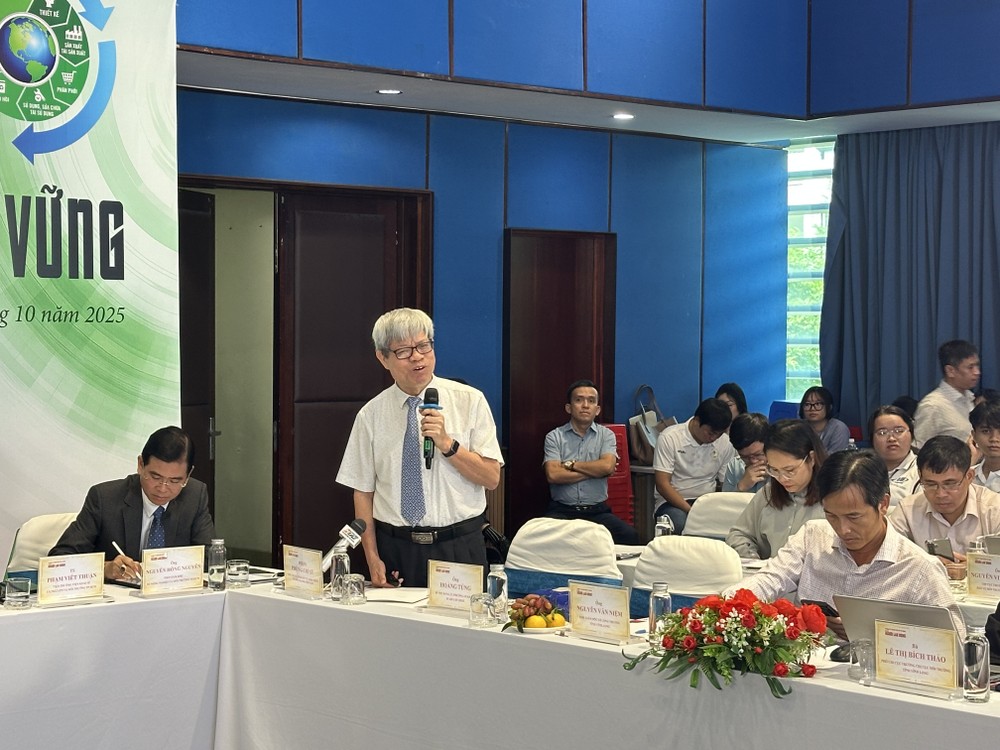
Mr. Sietse Agema, Chief Technology Officer of the Netherlands-based company Harvest Waste B.V., shared that in 2008, Amsterdam launched the fourth generation of waste-to-energy incineration technology. The high-efficiency plants are designed to maximize resource recovery and form part of a circular economy. The technology generates 30 percent more electricity from the same amount of waste while meeting Europe’s most stringent emission standards. It also helps reduce social costs and improve air quality and public health.
“The government doesn’t need to provide initial capital — only to create an enabling environment,” Mr. Sietse Agema explained. “Revenue comes from selling electricity to off-takers under mandatory contracts and collecting treatment fees per ton of waste. Financially, the structure is typically 80 percent debt and 20 percent equity. Agreements with local authorities are key to resolving financial issues.”
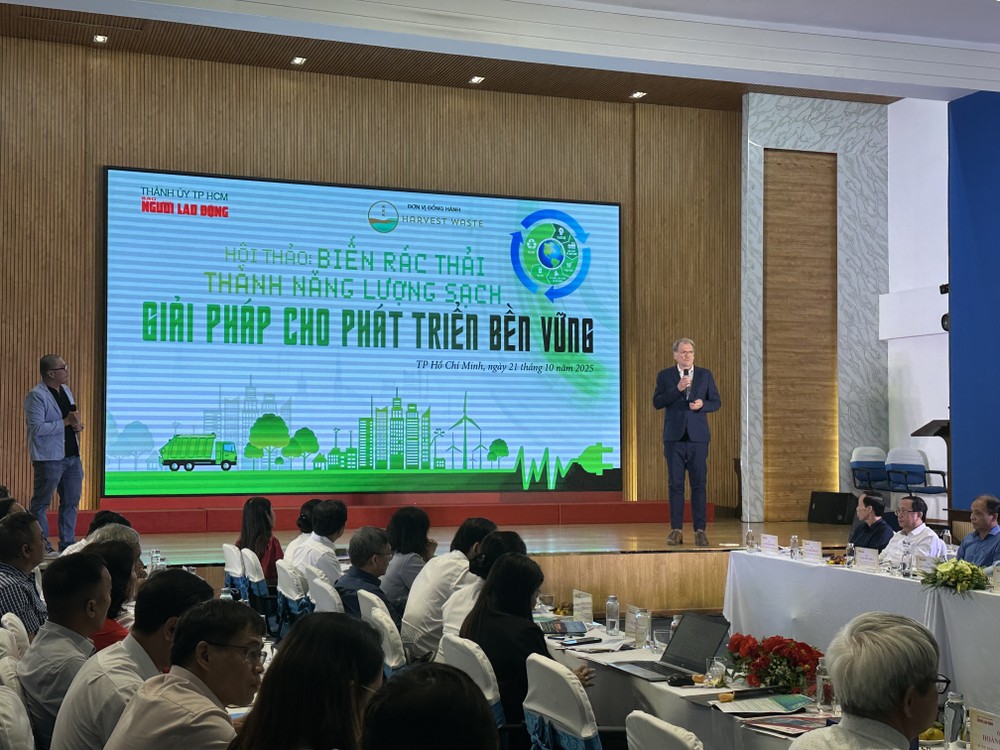
At the seminar, Nguoi Lao Dong Newspaper and Harvest Waste Co., Ltd. signed a memorandum of understanding on cooperation, marking the start of a long-term partnership between the media outlet and a pioneering environmental technology enterprise.
Mr. Nguyen Hong Nguyen, Deputy Director of the HCMC Department of Agriculture and Environment, stated that the department will continue advising on the implementation of Resolution 28/2003 of the HCMC People’s Council, which outlines criteria, standards, and a roadmap for converting household solid waste treatment from landfilling to energy recovery technologies.
Accordingly, the city will continue encouraging businesses to invest in waste-to-energy projects. HCMC is also seeking the National Assembly’s approval to amend Resolution 98/2023/QH15 — on piloting special mechanisms and policies for the city’s development — to include waste treatment as a key investment area and attract strategic investors. The goal is not only to handle current waste but also to completely remediate legacy waste at old landfill sites.
However, the process still faces significant administrative hurdles. In addition, limited power grid capacity, particularly in balancing output among multiple projects in the same area, poses further challenges. The city has submitted a proposal to the Prime Minister, requesting permission to apply flexible mechanisms to regulate electricity output among waste-to-energy plants located in the same region.








